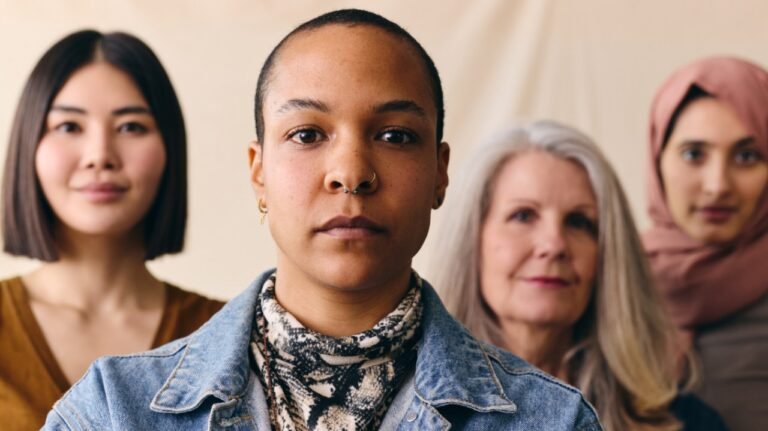In recent decades the world has become better for women and girls, but there is still much work to be done when it comes to mental health.
In terms of women’s health and wellbeing, we have come a long way with increased awareness and action to address some of the major issues affecting Australian women and girls.
Unfortunately, one area where we haven’t seen significant positive gains is mental health.
The recent National Study of Mental Health and Well-Being shows that women are more likely to report mental health problems than men. For some conditions such as anxiety, PTSD, and eating disorders, women are significantly more affected, and those statistics extend to women of all ages and backgrounds.
While the reasons behind this are complex and not always clear, there are some fundamental issues affecting women and girls that are likely to contribute.
Women disproportionately experience sexism, violence, abuse and economic insecurity
Recent research found that more than half of Australian women in their 20s, a third of women in their 40s and a quarter of women aged 68 to 73 have experienced sexual violence at some point in their lives. These alarming statistics highlight why we see women are far more likely to live with trauma and experience conditions like PTSD in their lifetime.
We have also seen a recent increase in psychological distress caused by financial insecurity, particularly among women over the age of 50. This trend appears to have been exacerbated by COVID-19 as many women faced job losses, increased household responsibilities and loss of retirement income.
Women’s reproductive health and mental health are intrinsically linked
There are strong connections between hormonal fluctuations and mental health. Beginning in adolescence and extending through menopause, changes in hormone levels throughout the reproductive cycle can significantly affect mood and stress levels. In some cases, these fluctuations can also trigger more severe episodes of major depression, mania, and psychosis.
For many women, pregnancy and childbirth is a key stage where physical and mental health can collide. Up to one in five women experiencing depression either during or after pregnancy and the trauma of experiencing childbirth or pregnancy loss can have lifelong effects if not adequately supported and treated.
Women face unrealistic expectations about body size and shape
In today’s technological world, we are bombarded 24/7 with images of what society sees as the perfect female body.
For girls and women who have negative thoughts and feelings about their bodies, frequent exposure to these gender expectations can lead to disordered eating and the development of eating disorders such as anorexia nervosa, bulimia nervosa, and binge eating, as well as increased risk of depression and anxiety.
Women bear much of the unpaid and under-recognized care burden
Twenty years ago, the mantra was that “women can have it all.” These days, many women feel it’s less about having it all and more about doing it all.
Much of this is because women are more likely to be primary caregivers for children, elderly parents, and family members facing illness or disability. The increased mental and physical burden of juggling paid work with carer responsibilities, particularly during times of COVID, can significantly impact well-being and has been directly linked to higher rates of stress, anxiety and depression.
What is SANE doing to help?
There is some good news among these disappointing events. While women face disproportionately complex mental health challenges throughout their lives, many women are willing to seek help.
At SANE, our experienced trauma counselors support women from all walks of life every day. Through our free phone and digital services, female-identifying Australians can access the support, advice and community they need to face life’s challenges.
Learn more
For peer support and complex mental health advice contact the SANE Helpline on 1800 187 263 or to chat to other people going through something similar you can log on to community forums.
If something on this blog has affected you strongly, please seek help and support from one of the following:
For 24/7 suicidal crisis support, contact Lifeline 13 11 14.
For support about family violence and abuse, contact 1800 RESPECT (1800 737 732).
